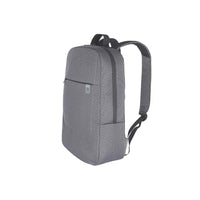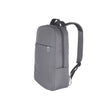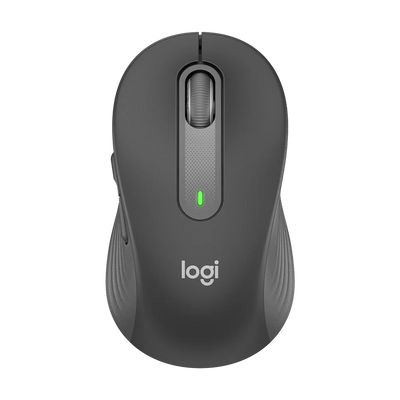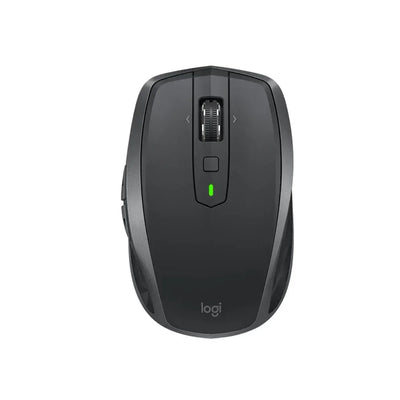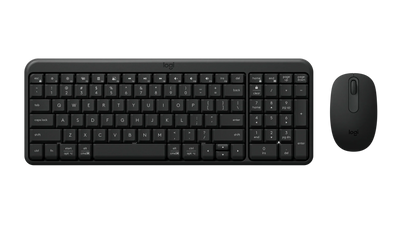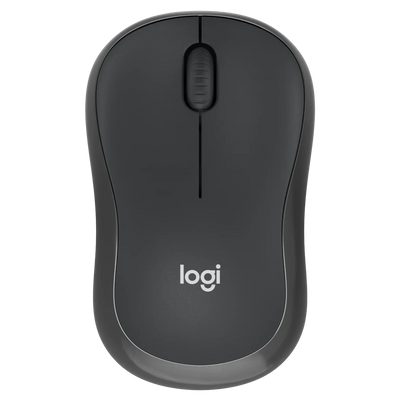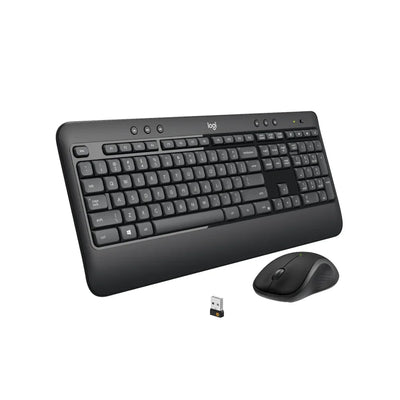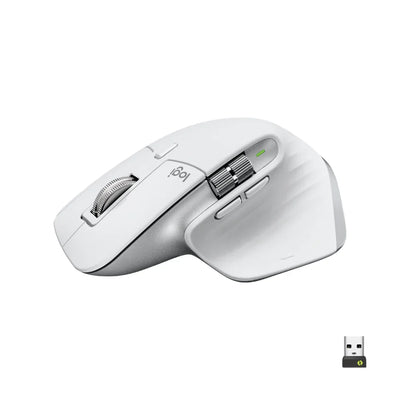More from All Products
- Home
- Brands
-
Categories
Keyboards Mice Graphics Cards DRAM Docking Stations Adapters & Receivers USB Hubs Cables Disc Drives Presentation Remotes Cable Locks Privacy ScreensMesh WiFi Systems WiFi Extenders & Adapters Mobile Routers WiFi Routers & Modems Wireless Access PointSwitches Multi-Gig Switching 10-Gigabit Switching PoE: Power over Ethernet ProAV / AV over IP Metro Ethernet Surveillance Ethernet Industrial Ethernet Lite Managed Switches Media Converters Pro Routers Network Accessories Network Cables
- Solutions
- Updates
- Support
- Contact Us
Your cart is currently empty.


